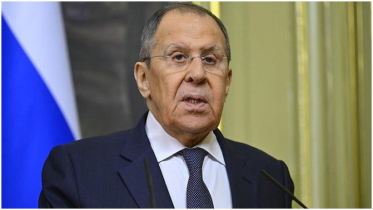Oil soars amid growing fears of a war in the Middle East

Crude oil prices continued their climb on Thursday after a surge on Wednesday following the news of Israel assassinating Hamas’s political leader Ismail Haniyeh in Iran and a senior Hezbollah official in Lebanon.
The fact the Haniyeh assassination was done in Iran gave a significant boost to prices as Tehran immediately threatened retaliation of the sort that oil analysts have said could send Brent crude into three-digit territory.
"We fear the region is at the brink of all-out war," Japan’s deputy representative to the United Nations said as the Security Council called on UN members to double down on diplomatic pressure to resolve the conflict between Israel and its neighbors.
"Countries with major influence must put more pressure and work more vigorously ... to put out the flames of war in Gaza," China’s UN ambassador said.
Iran’s representative called the assassination of Haniyeh an act of terrorism, according to a Reuters report on the latest developments in the situation.
As pressure remains high in the Middle East, Brent crude topped $81 per barrel before paring some of its gains earlier today, and West Texas Intermediate climbed closer to $79 per barrel.
In additional bullish news for oil, the Energy Information Administration reported that oil demand in the United States had reached a seasonal record in May, at 20.80 million barrels daily. That was quite a significant revision from EIA estimates, which saw May demand at 20 million barrels daily.
Global oil inventories, meanwhile, are on a downward trajectory, reaching a record deficit relative to their average levels, Eric Nuttall, senior portfolio manager at Ninepoint Partners told Bloomberg this week. Nuttall also noted OPEC+ production cut compliance improvements as a factor for a bullish view on oil.
Unless tension in the Middle East gets defused through diplomacy, oil may continue up based on fundamentals and the geopolitical premium.
.png)




